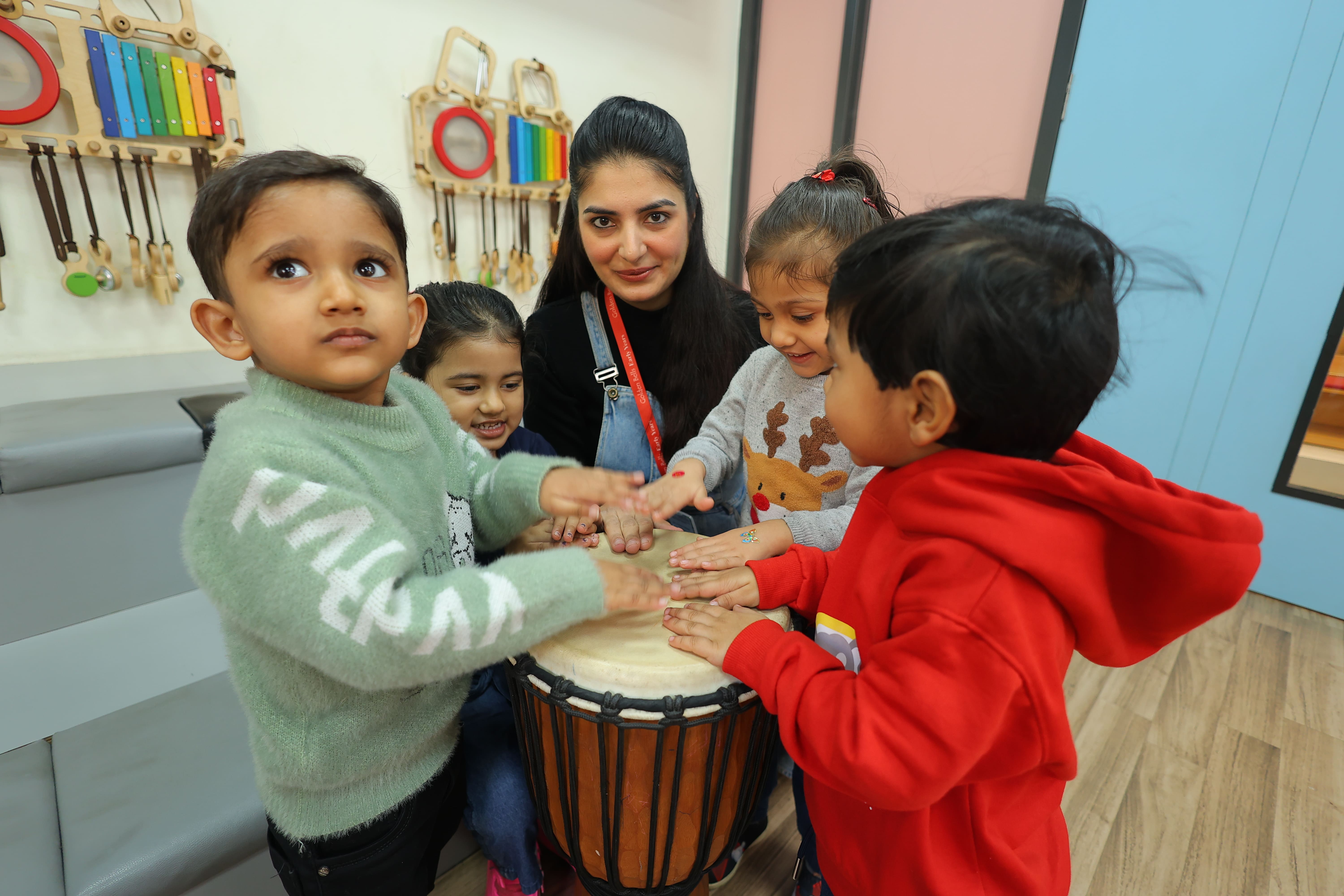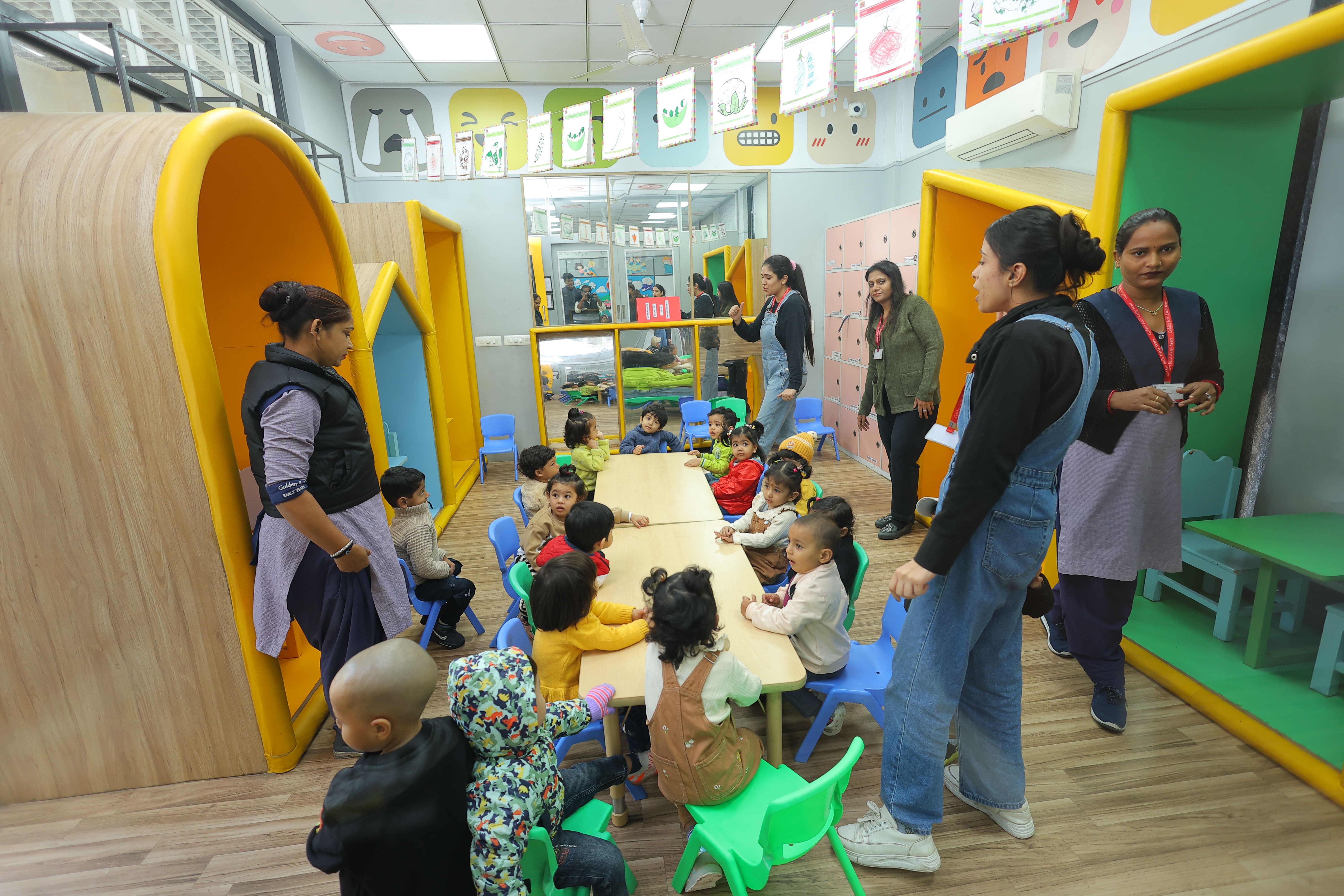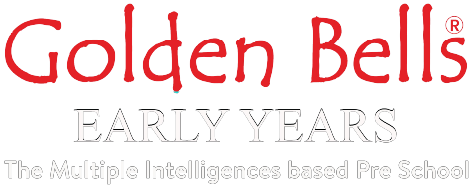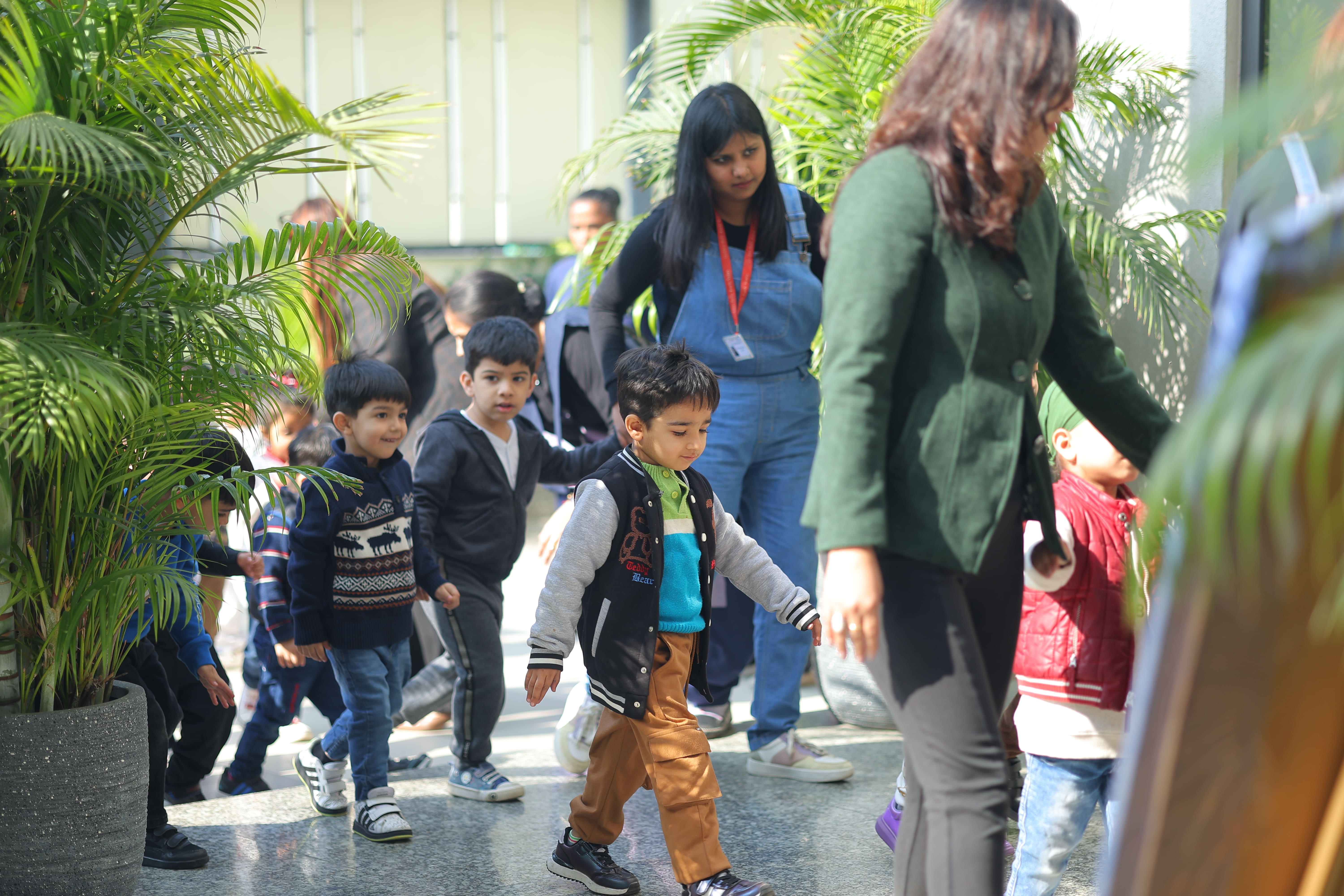Preschool is the first and most crucial point of connection with the basics of a schooling format in a child’s academic journey. This is the place where a child discovers what a school is, who the teachers are, and the basic concepts of literacy, numeracy, and life skills.
Preschool provides your child with the opportunity to broaden and deepen their essential skills, which will ready them for a life of learning and empower them to make positive contributions to the world around them.
Here are a few skills your child should develop in preschool:
Social and Emotional Skills
Preschool is usually the first structured environment where children interact with same age individuals outside their family. This helps them:
- To learn to share, wait their turn with a good attitude, and cooperate.
- Develop empathy and respect for others & understand their perspectives.
- Build self-esteem & confidence through solo and group activities
- Understand and manage their emotions, thoughts & values in healthy ways
- Establishing and maintaining healthy relationships, communicating effectively, and resolving conflicts.
These early social and emotional skills prepare children to thrive in group settings, making the transition to higher grades smoother. It enables individuals to build meaningful friendships, cooperate, and navigate social situations effectively.
Communication and Language Skills
Through storytelling, rhymes, conversations, and role play, preschool builds strong foundations in communication. Communication is the act of using language, along with body language, to successfully convey and receive information.
- Parents should develop good language skills by speaking to children in complete sentences and using "grown-up" words. Help them to use the correct words and phrases.
- Children should learn to listen actively and follow directions precisely.
- Develop pre-reading skills such as recognizing letters, sounds, numbers, colors & shapes names, etc.
- Be able to ask questions, express their feelings, and convey their needs, both through spoken words and through body language
This skill does not simply include speech and words to communicate, but it also encompasses the gestures and physical components. Out of all the skills in children’s development, this is the one that requires the help of others. Good communication skills are key to success in both academics and personal relationships.
Physical and Motor Skills
Play is at the heart of early childhood learning, and much of it develops physical growth. Motor skills refer to whole-body movements involving small & large muscles. In preschool, children enhance:
- Gross motor skills: They enable your child to perform everyday functions like running, jumping, climbing, balancing, etc.
- Fine motor skills: It involves building strength, fine motor controls, and dexterity, like holding crayons, cutting with scissors, stacking blocks, etc.
- Hand-eye coordination and body awareness
Physical development encompasses a child's overall growth and control of their body, while motor skills are the specific abilities to move and control the body's muscles to perform tasks. These activities are essential for writing, sports, and everyday independence.
How Golden Bells Builds These Skills Through Play-Based Learning?
At Golden Bells Early Years, we believe in working on multiple Intelligences in children through play-based learning. Every activity is carefully designed to nurture all 8 multiple intelligences at once:
- Group Play → Strengthens teamwork, empathy, and problem-solving.
- Storytelling & Music → Enhances vocabulary, imagination, and auditory skills.
- Creative Arts & Crafts → Builds fine motor skills, focus, creativity, and self-expression.
- Outdoor Play & Sports → Improves physical strength, bodily movements, and hand-eye coordination.
- Role Play & Pretend Games → Boosts communication, confidence, mental manipulation of visuals, and emotional intelligence.
- Stage Presentation: To boost self-confidence and enhance interpersonal skills.
- Celebrations & Events: to foster cultural awareness and respect for diversity.
Technology & Media: Use of modern technology in classrooms allows children to explore a wide variety of developmentally appropriate interactive media experiences.
By blending structured learning with play, Golden Bells ensures children enjoy the process while gaining lifelong skills.
Conclusion
There are numerous milestones children cover through different stages of child development. However, as each child develops at their own pace, it is difficult to define the exact age at which a child will learn a particular skill. Preschool is not just a stepping stone to formal schooling — it’s where children develop the core skills that shape their future.
Learning through different day-to-day experiences while using the five senses allows children to explore, investigate, and make sense of the world around them. The child's development in each domain is supported, sustained, extended, and enhanced through support play, creative and conceptual activities. From social-emotional growth to language, creativity, and motor skills, every experience adds to their confidence and independence.
Golden Bells Early Years provides a nurturing environment where children learn, play, and grow into well-rounded individuals, ready for every new challenge ahead.

